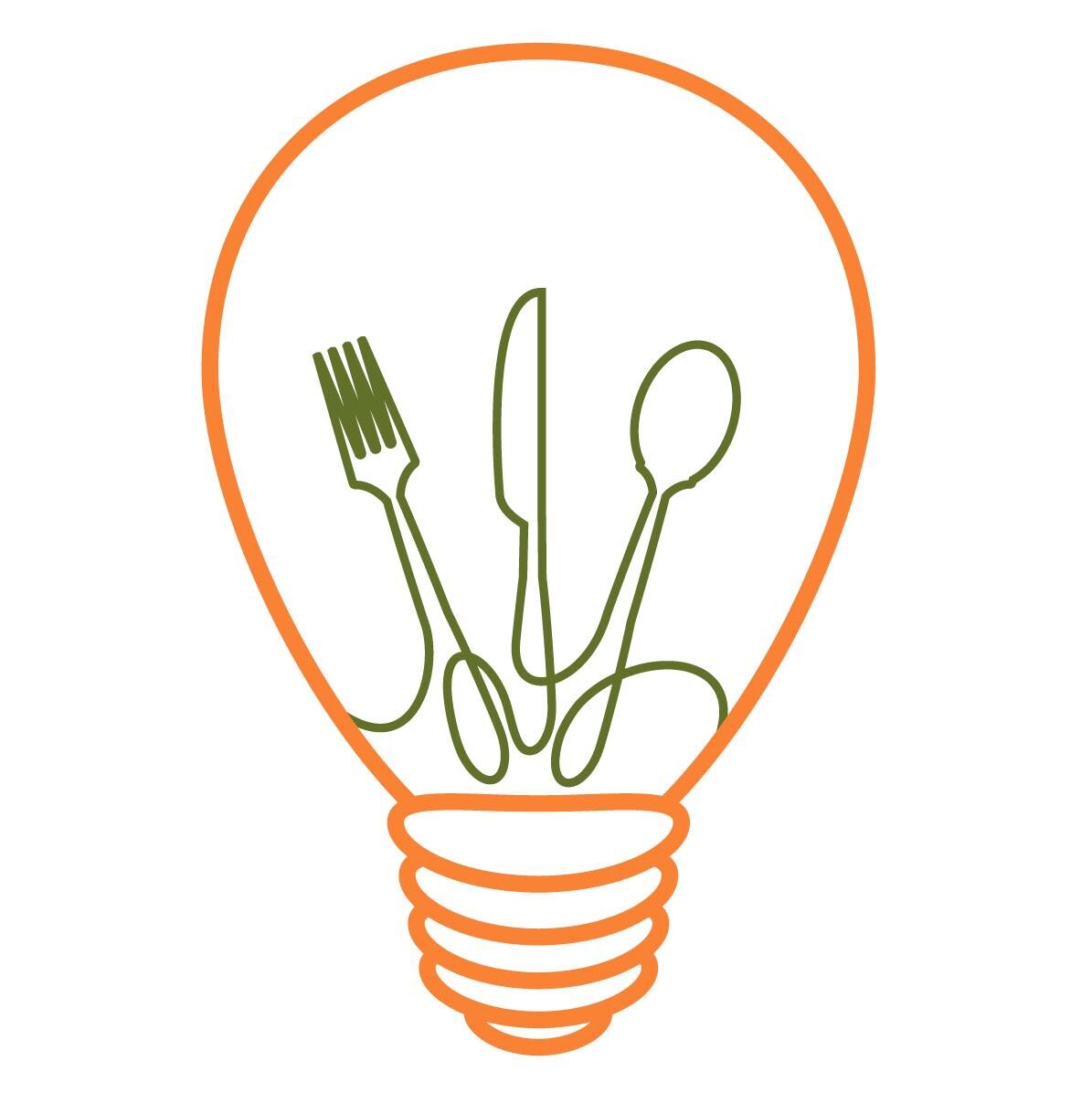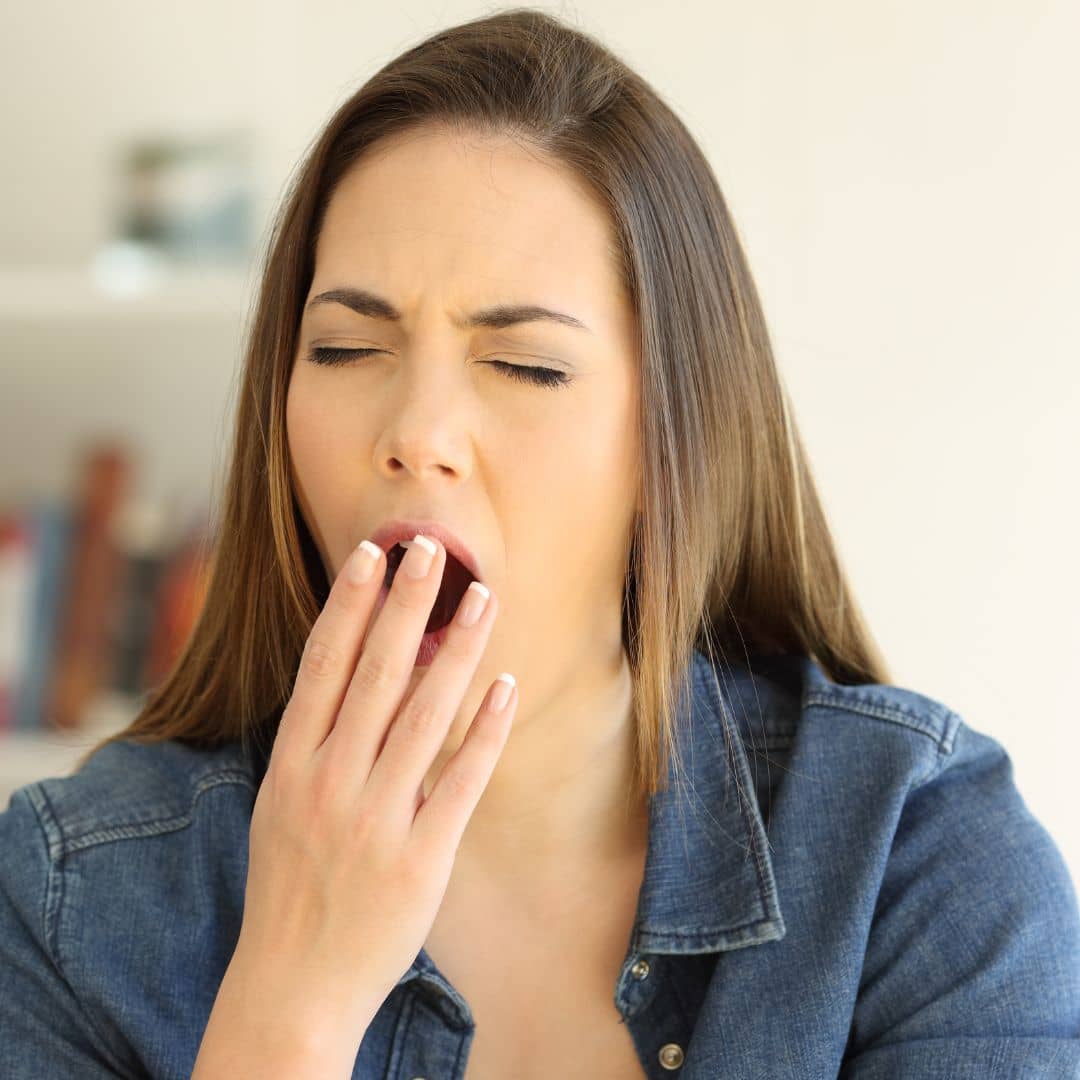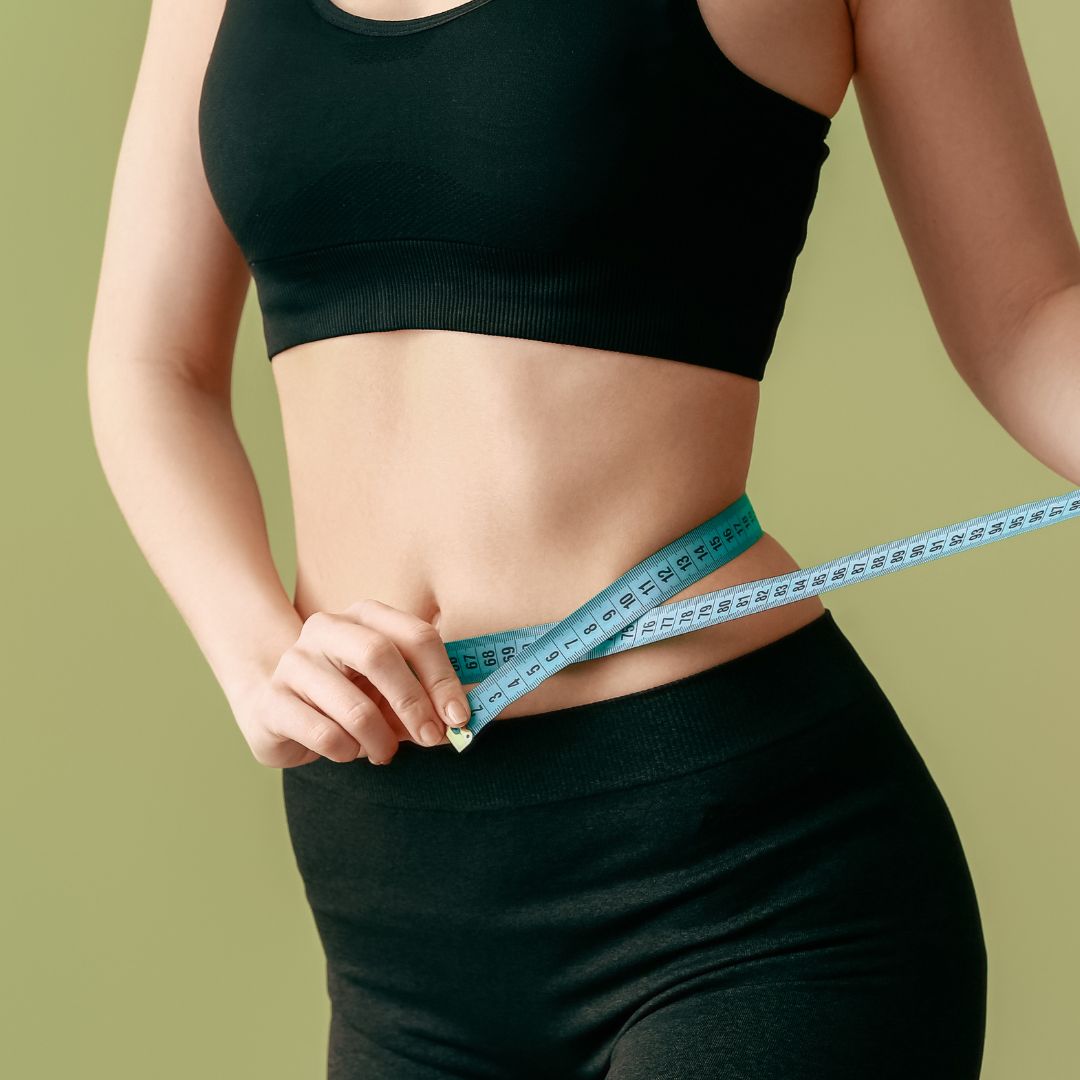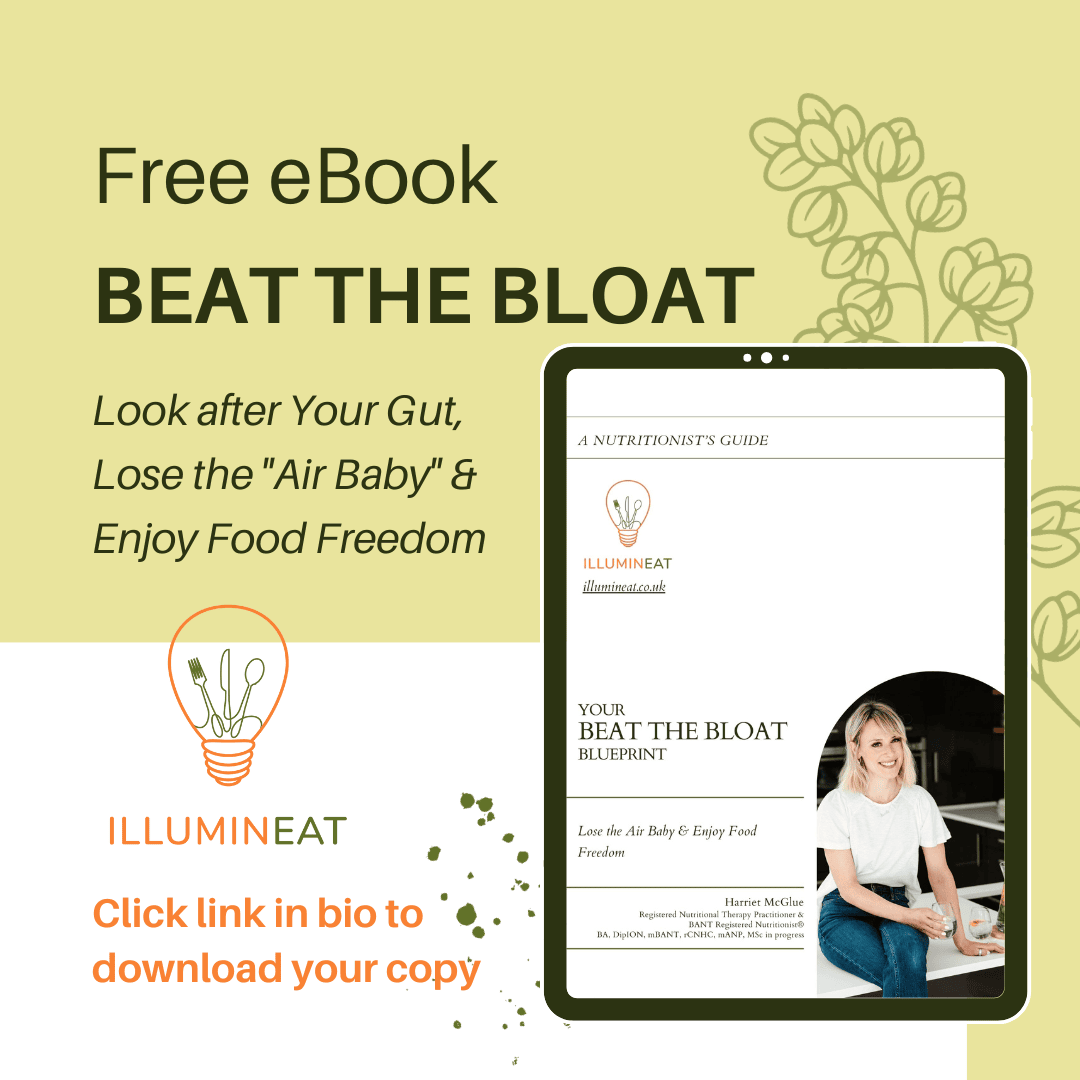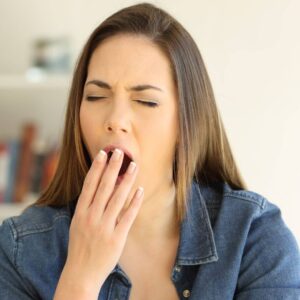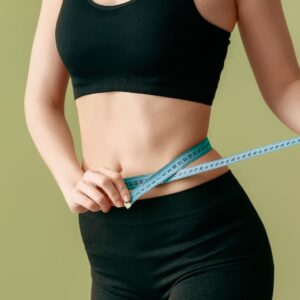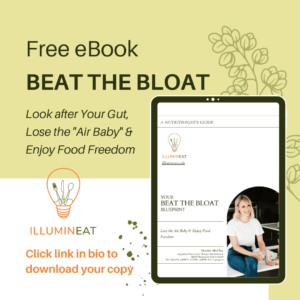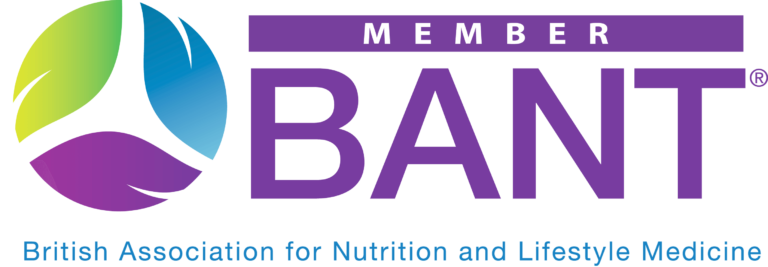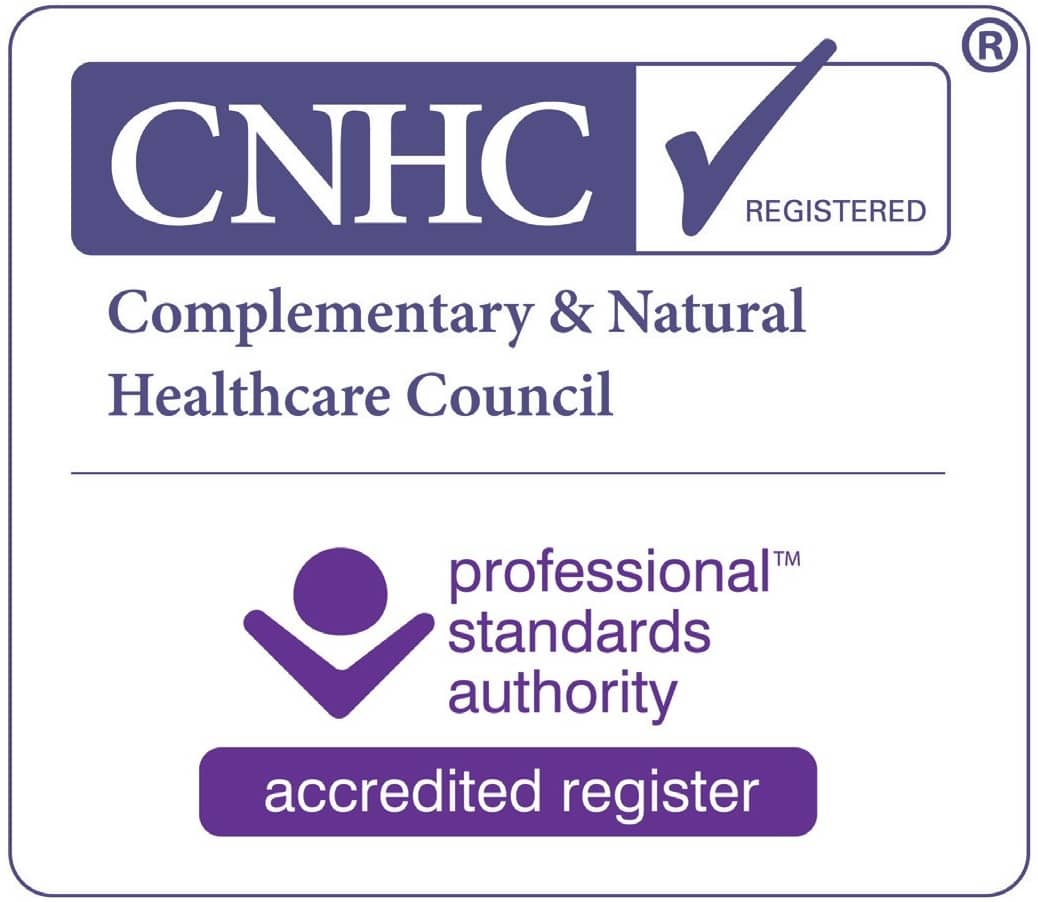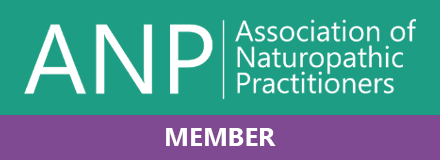PMS. That time of the month – anything up to 2 weeks – before a woman’s period when she may feel her hormones are COMPLETELY out of whack. This is the luteal phase and for some women, this can be a rollercoaster of mood swings, bloating, sore boobs, spots, fatigue – and chocolate cravings! The butt of many a joke, but no doubt seriously un-fun if you’re one of the unlucky ones worst affected
The cause isn’t fully understood but symptoms are thought to be largely down to fluctuations in progesterone and oestrogen. These hormones impact neurotransmitters serotonin (our “happy” hormone) and GABA (which has a calming effect). Some women are more sensitive to these fluctuations. How well we control our blood sugar and our gut health are also implicated.
Side-effect free ways to combat PMS with diet
1. Eat a varied, plant-based diet.
A plant-based diet is associated with fewer PMS symptoms. Pack in the colourful veggies & fruits to maximise the anti-inflammatory phytochemicals on your plate – and ring the changes. Diversity is key!
2. Quit the sugar, refined & ultra-processed carbs
(I’m a realist – as best you can!) Compounds created in the body when we consume too many sugary treats & starchy foods (bread, pasta, rice etc.) directly influence biochemical pathways involved in problem periods.
Refined carbs drive up insulin which can cause blood sugar crashes (hello hangry!), promote water retention (bloating!) & deplete magnesium. Replace with fibre-filled veggies, legumes & wholegrains to stabilise blood sugar, support mood and energy levels, reduce cravings & help weight control (belly fat is strongly associated with inflammation & heavy/painful periods.)
3. Cut back on coffee.
The jury is out on this one re. PMS specifically, but caffeine can drive up our stress hormone cortisol and cause sugar spikes & dips, which in turn may impact mood and sleep. Be honest about whether it exacerbates anxiety, insomnia & other symptoms for you. It can also mean we make more of the “potent” types of oestrogen & decrease our ability to detoxify them effectively. It may prolong cramping. Avoid after 2pm – or there’s always decaf!
4. Magnesium.
Supplementing 200mg/day (potentially alongside vitamin B6) has been shown to alleviate common symptoms like water retention (period bloat!), cramping & insomnia. This may be related to mg’s role in hormone metabolism (folate, b12 and zinc are important too).
Spinach, pumpkin seeds, avo, tofu, leafy greens, black beans, cashews & dark chocolate are also great sources. Try soaking in an Epsom salts bath or grab yourself a body spray, as mg is well absorbed through the skin.
5. B vitamins.
Studies have linked higher dietary intakes of B1 & B2 to lower PMS rates. There is some evidence that a B6 supplement (25-100mg/day) can help with symptoms. The mood support may be because B6 is needed to ultimately make happy-hormone serotonin & feel-good brain chemical dopamine. One to discuss with a Registered Nutritional Therapist if you feel you could benefit
6. Calcium & Vitamin D.
Higher dietary intakes reduce risk/severity of PMS. One interesting theory surrounding pre-period mood swings is that fluctuations in calcium & vitamin D levels, as a result of hormone shifts in the luteal phase, are involved.
Cheese and live yoghurt or kefir (preferably organic) are great sources, but if you’re vegan/dairy-free dark leafy greens (not spinach), tofu, sesame & poppy seeds, almonds are good too. We are all advised to take a 10mcg/400IU vit D supplement from late March – late September in the UK as (you may have noticed!) we lack sun!
7. Omega 3 fatty acids.
Oily fish 2-3 times/wk, and/or a fish oil (or algae-based) supplement are the best ways to make sure you’re getting enough anti-inflammatory omega-3 PUFAs (specifically, EPA and DHA). Studies have found a reduction in period pain (one found omega-3 supplementation to be more effective than ibuprofen!), mood disturbances and other symptoms like bloating
8. Iron.
Eating lots of plant-based iron (beans, soy, nuts & seeds etc.) reduced risk of PMS by 36% in one study! It makes sense to focus on iron-rich foods as we lose a lot during our period, especially if they’re heavy
9. Boost serotonin.
Carbs provide tryptophan, the precursor to happy-hormone serotonin. This may explain cravings, if it’s the body’s way of trying to increase serotonin and boost mood. Try increasing levels in a healthier way with fibre-filled wholegrains & more salmon, eggs, spinach, nuts and seeds
10. Flax.
Has been shown to help painful breasts associated with the menstrual cycle. A brilliant source of soluble fibre, flax keeps everything moving through the GI tract which reduces contact time between old/spent oestrogen (which can be toxic) and the gut lining. This could be one way it appears to protect against breast cancer, too
11. Soy.
There is some evidence that soy-based foods or soy isoflavone supplements can improve PMS symptoms, which may be due to their impact on oestrogen. Opt for minimally-processed versions like tofu, tempeh, & edamame
12. Brocolli!
A nutritionist’s best friend! In fact, the whole family of cruciferous veg – including cauliflower, cabbage, kale etc. – contains a chemical called indole-3-carbinol. This is converted into an enzyme (Diindolylmethane or “DIM”) that helps us break down & excrete excess oestrogen in a healthy way.
